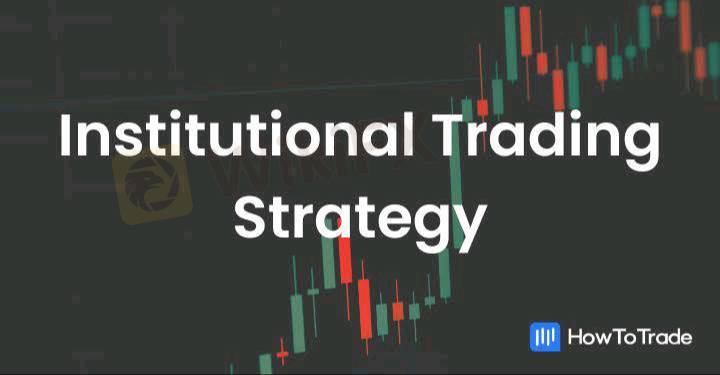
2025-02-06 15:06
IndustryThe difference in retail and institutional trading
#firstdealofthenewyearFateema
Retail and institutional trading differ mainly in scale, strategy, and access to resources. Here’s a breakdown:
1. Trader Profile
Retail Traders: Individual investors trading with personal funds.
Institutional Traders: Large organizations like hedge funds, banks, and mutual funds managing significant capital.
2. Capital & Trade Size
Retail: Smaller trade sizes, often a few hundred or thousand dollars.
Institutional: Large-scale trades, sometimes in millions or billions.
3. Market Access & Fees
Retail: Uses standard brokerage accounts, paying higher fees and spreads.
Institutional: Access to dark pools, direct market access (DMA), and lower fees due to volume.
4. Trading Strategies
Retail: Focus on technical and fundamental analysis, often short-term trades.
Institutional: More sophisticated strategies like algorithmic trading, arbitrage, and high-frequency trading (HFT).
5. Order Execution
Retail: Executes trades through brokers with potential slippage.
Institutional: Uses advanced execution methods to minimize price impact.
6. Regulation & Reporting
Retail: Fewer regulatory requirements beyond basic KYC/AML.
Institutional: Must comply with strict regulations (e.g., SEC, MiFID II) and reporting standards.
Would you like insights into how this applies to crypto trading specifically?
Like 0
Edetekpe1
Trader
Hot content
Industry
Event-A comment a day,Keep rewards worthy up to$27
Industry
Nigeria Event Giveaway-Win₦5000 Mobilephone Credit
Industry
Nigeria Event Giveaway-Win ₦2500 MobilePhoneCredit
Industry
South Africa Event-Come&Win 240ZAR Phone Credit
Industry
Nigeria Event-Discuss Forex&Win2500NGN PhoneCredit
Industry
[Nigeria Event]Discuss&win 2500 Naira Phone Credit
Forum category

Platform

Exhibition

Agent

Recruitment

EA

Industry

Market

Index
The difference in retail and institutional trading
 Nigeria | 2025-02-06 15:06
Nigeria | 2025-02-06 15:06#firstdealofthenewyearFateema
Retail and institutional trading differ mainly in scale, strategy, and access to resources. Here’s a breakdown:
1. Trader Profile
Retail Traders: Individual investors trading with personal funds.
Institutional Traders: Large organizations like hedge funds, banks, and mutual funds managing significant capital.
2. Capital & Trade Size
Retail: Smaller trade sizes, often a few hundred or thousand dollars.
Institutional: Large-scale trades, sometimes in millions or billions.
3. Market Access & Fees
Retail: Uses standard brokerage accounts, paying higher fees and spreads.
Institutional: Access to dark pools, direct market access (DMA), and lower fees due to volume.
4. Trading Strategies
Retail: Focus on technical and fundamental analysis, often short-term trades.
Institutional: More sophisticated strategies like algorithmic trading, arbitrage, and high-frequency trading (HFT).
5. Order Execution
Retail: Executes trades through brokers with potential slippage.
Institutional: Uses advanced execution methods to minimize price impact.
6. Regulation & Reporting
Retail: Fewer regulatory requirements beyond basic KYC/AML.
Institutional: Must comply with strict regulations (e.g., SEC, MiFID II) and reporting standards.
Would you like insights into how this applies to crypto trading specifically?
Like 0
I want to comment, too
Submit
0Comments

There is no comment yet. Make the first one.

Submit
There is no comment yet. Make the first one.